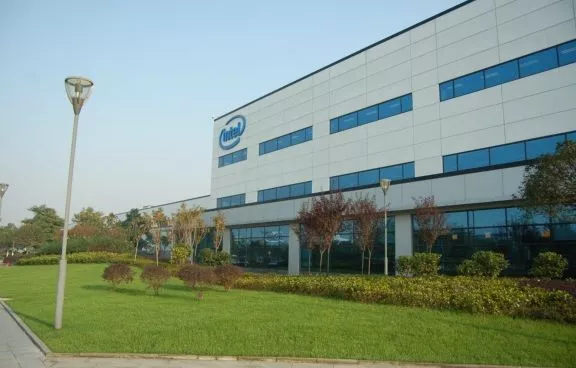
Prioritizing survival over production capacity
An ongoing heatwave in Sichuan, China is already compromising chip manufacturing within its borders – while simultaneously threatening the life of Chinese citizens. Air-conditioning usage has spiked due to the severity of the heatwave – which has driven average temperatures up from the 30 degrees Celsius average typical of August towards an arid, low-humidity 40 degrees Celsius. The sudden and unexpected surge in electric power demand, alongside also record-breaking lows in precipitation, means that the water supplies feeding Sichuan’s hydropower plants are proving to be insufficient, adding further strain to the situation. The heatwave driving temperatures to 60-year-highs has led to shortages so severe that local newspapers are referring to the situation as a “double-scarcity”.
The result: several factories in the region have been shutdown in order to prioritize survival over production.
Intel is but one of the regions’ manufacturers that has seen production halted within its facilities. All high-output, high-energy consumption factories in the Saigon High Tech Park in Sichuan have been shuttered in order to preserve power that can be channeled towards fighting the rising temperatures. Factories from Foxconn, Volkswagen, Onsemi, Tesla and Toyota will keep their operations suspended until at least August 20th.
Intel maintains two fabs in Sichuan’s city of Chengdu, CD1 and CD6, which house manufacturing, production, assembling, testing and distribution facilities, besides a warehouse, office space and parking facilities. Plants CD1 and CD6 alone were responsible for the consumption of approximately 240 million kWh of power throughout 2021, alongside 900,000 cubic meters of fresh water. These numbers perhaps help put into perspective the amount of resources consumed by just two Intel facilities.
The company had previously planned to spend $1.6 billion in an additional manufacturing plant in the region, only to be stopped in its tracks by alleged pressures from the White House.
It remains to be seen what the actual impact of the halted production will be in the semiconductor market itself (besides other affected businesses). Foxconn is one of the foremost suppliers in the tech-space, providing manufacturing and assembly services for numerous motherboard suppliers and that giant of consumer tech, Apple.
Two high-output manufacturing facilities being halted might spell some amount of trouble for the availability – and thus pricing – of Intel products. Two days may not seem like much, but semiconductor manufacturing and assembly is an extremely sensitive beast. There could be losses already due to the halted assembly lines – and there’s no way to know whether the halted production will continue past August 20. Time, as always, will tell.
